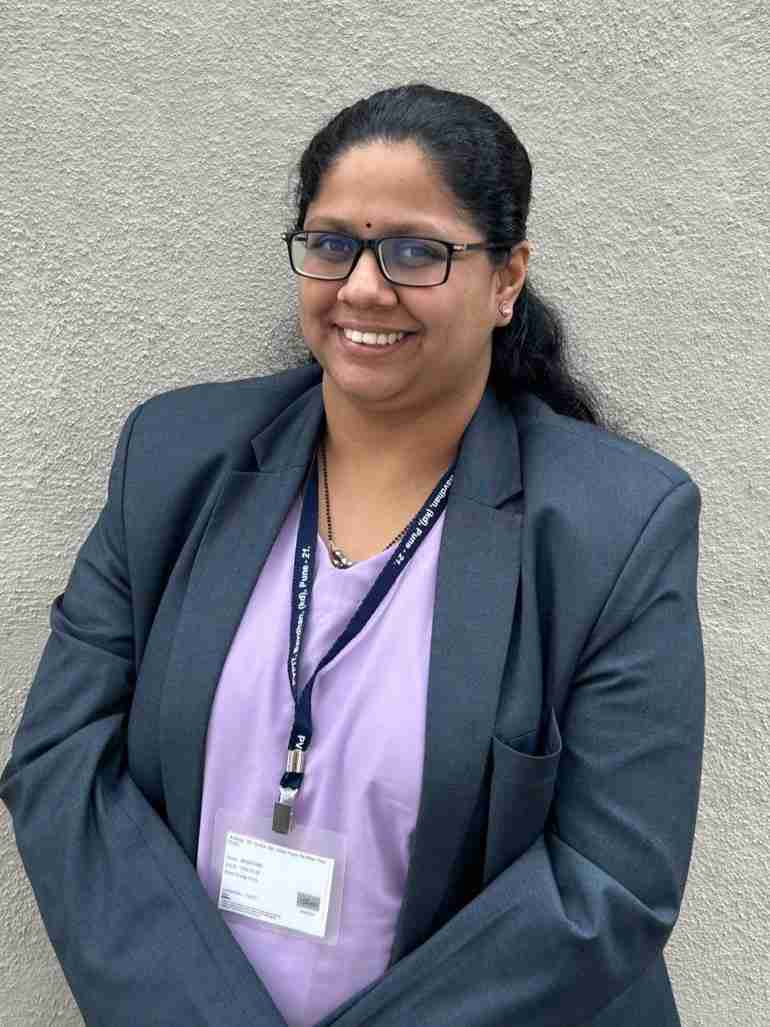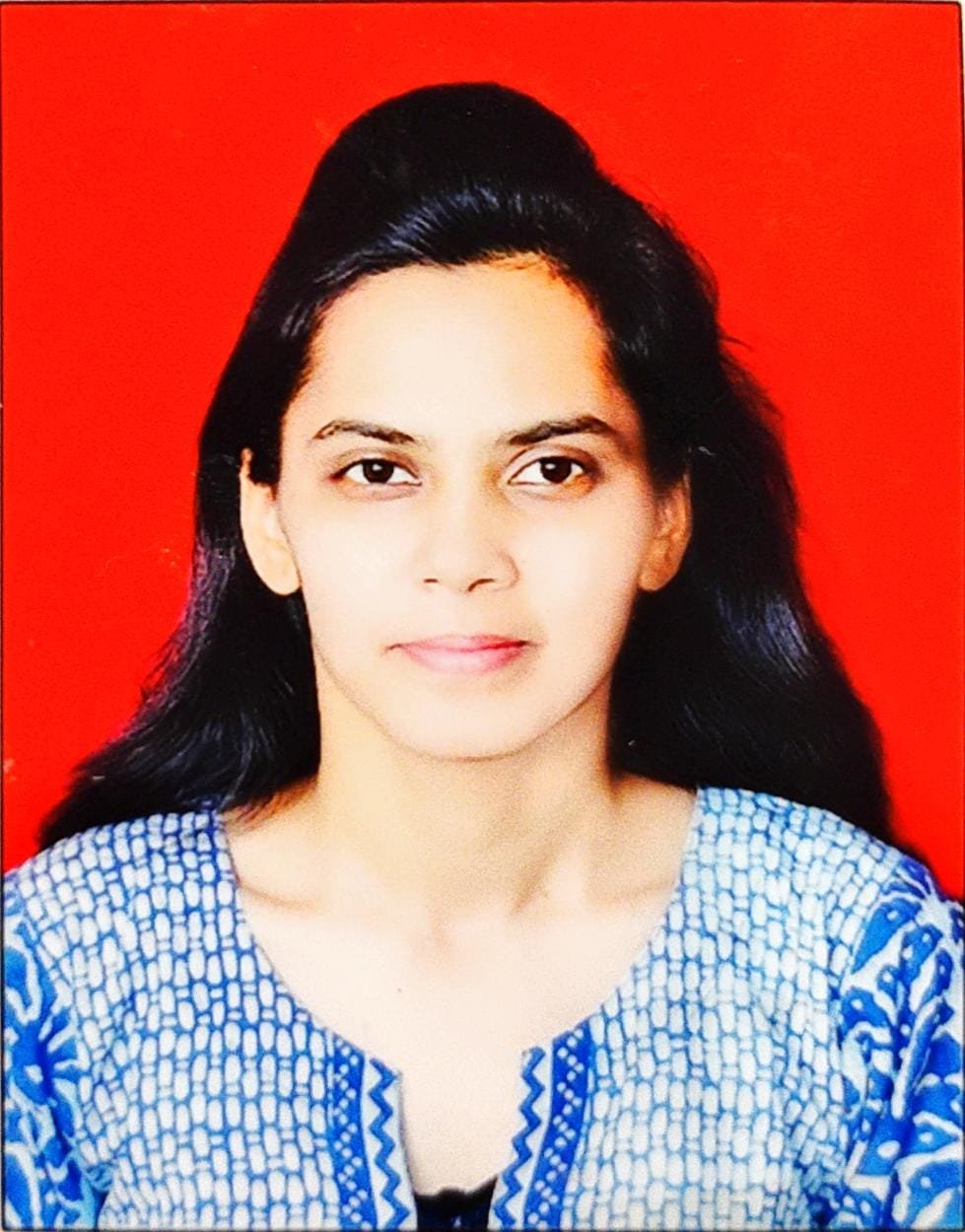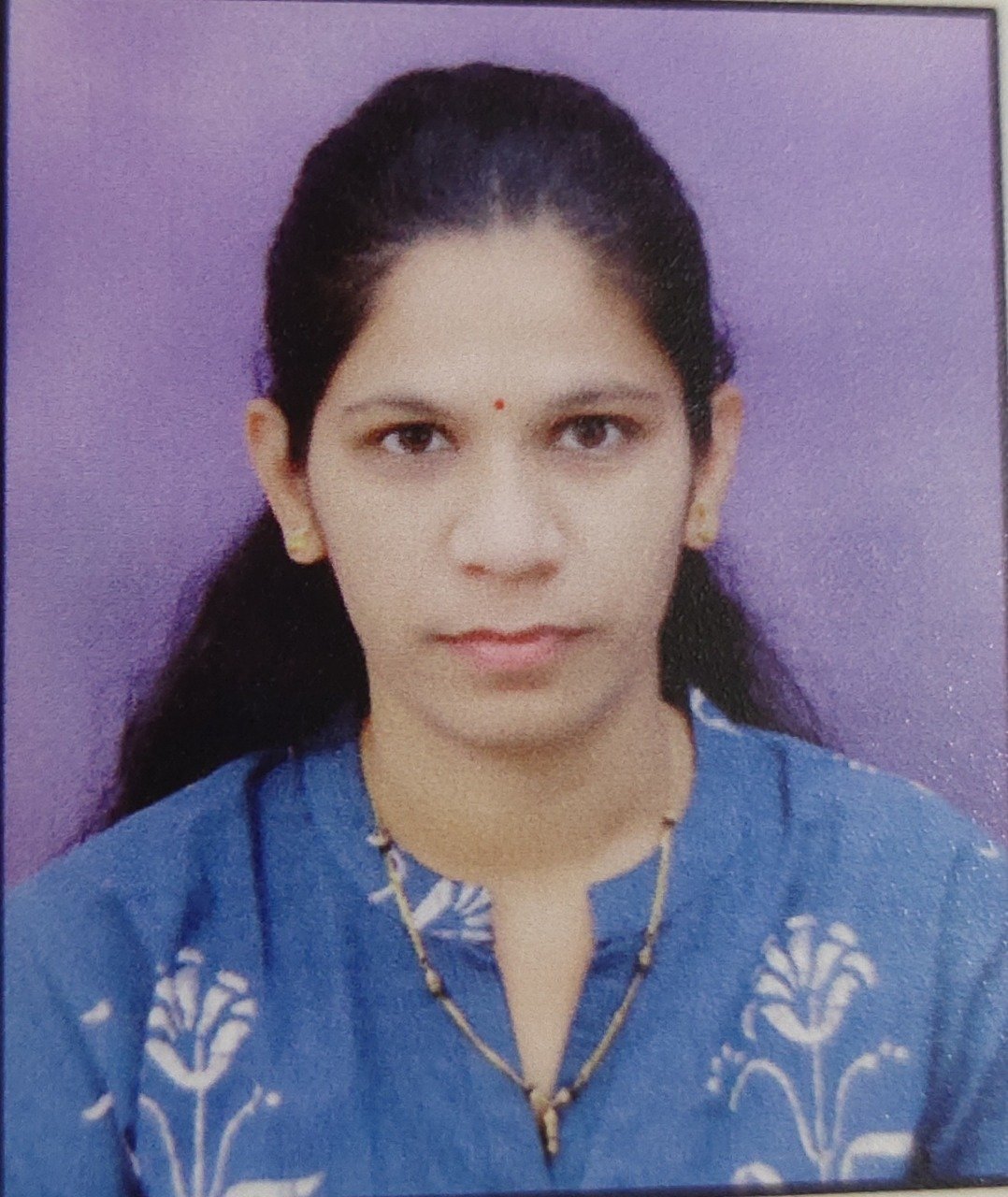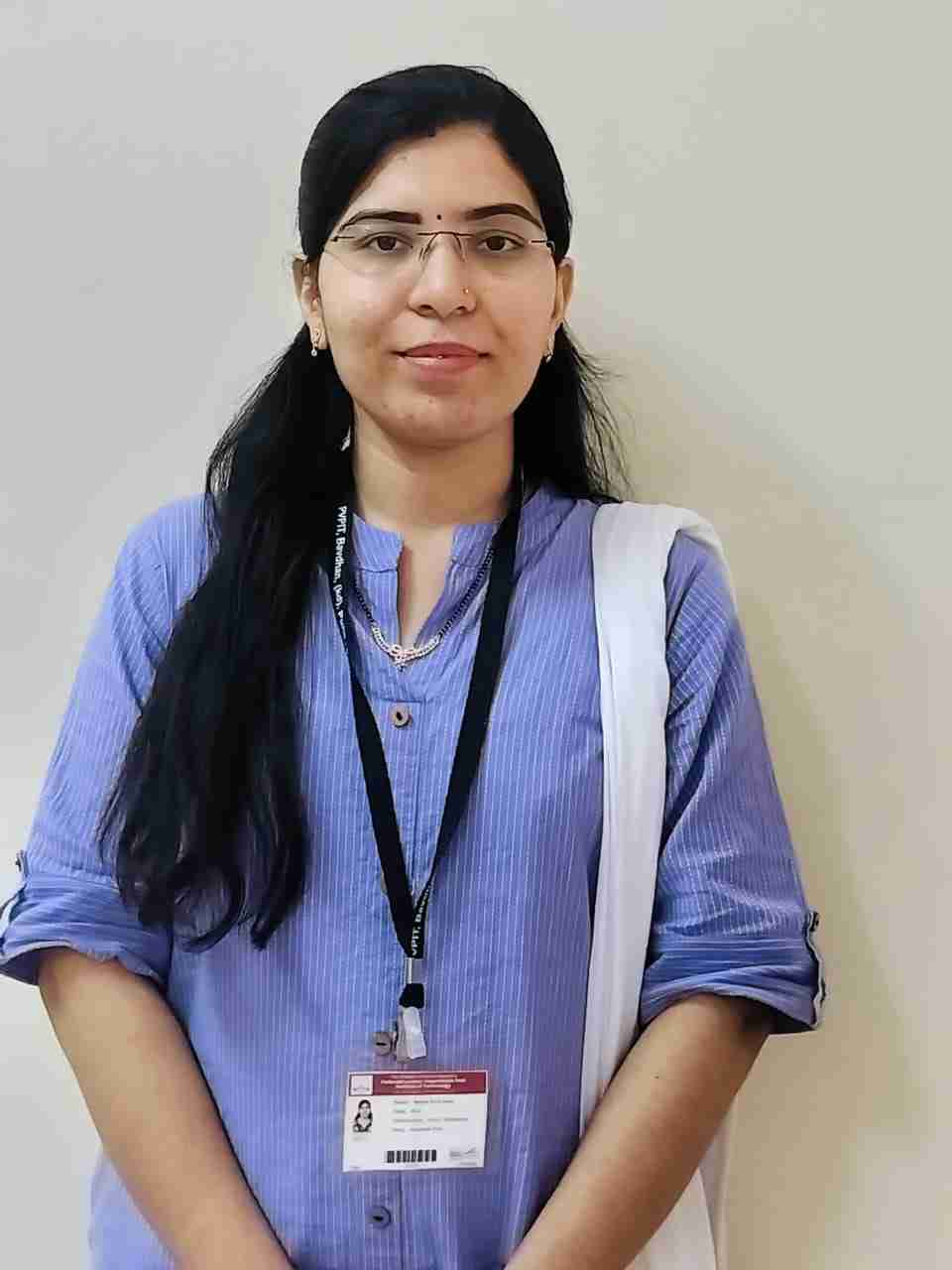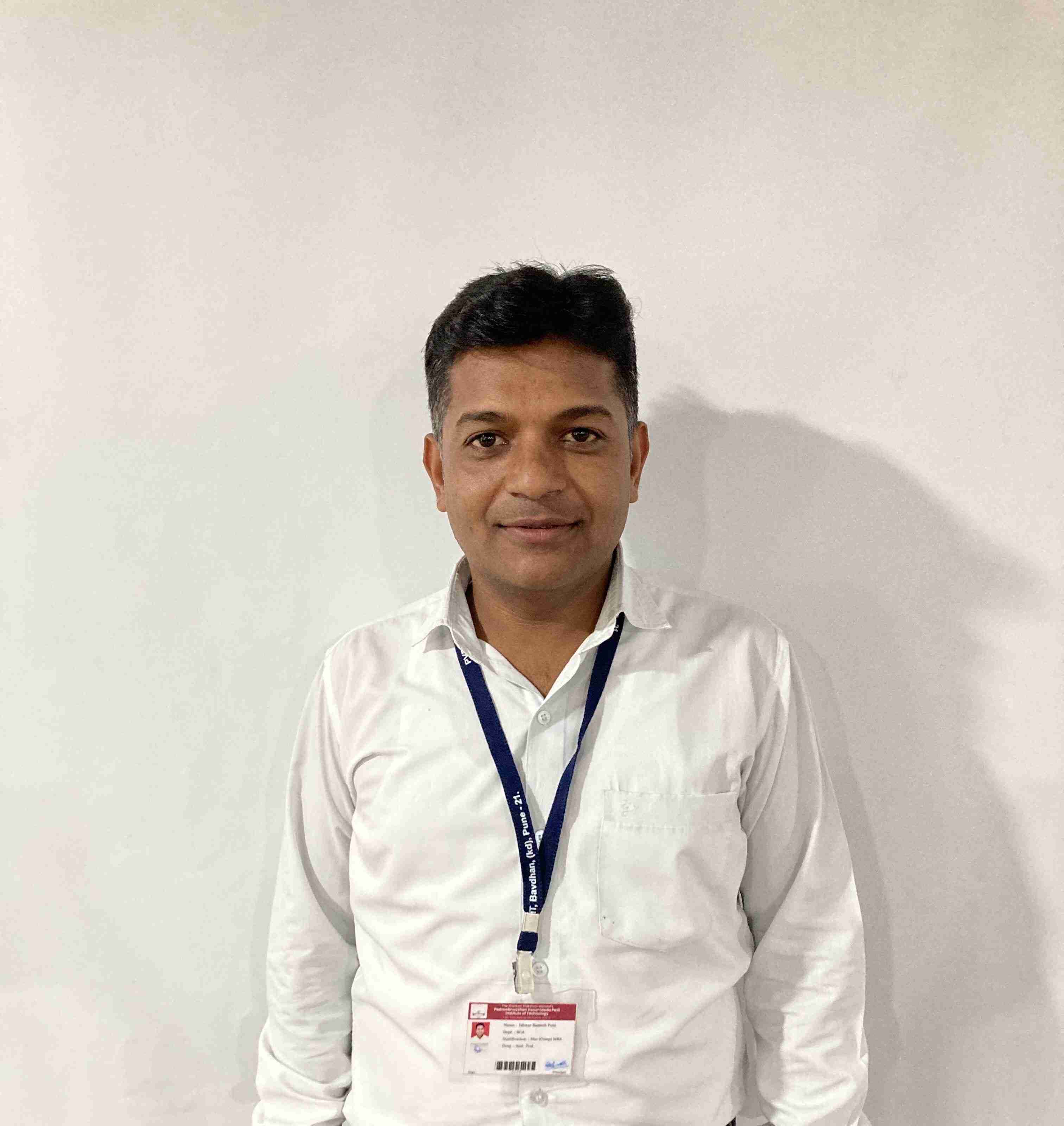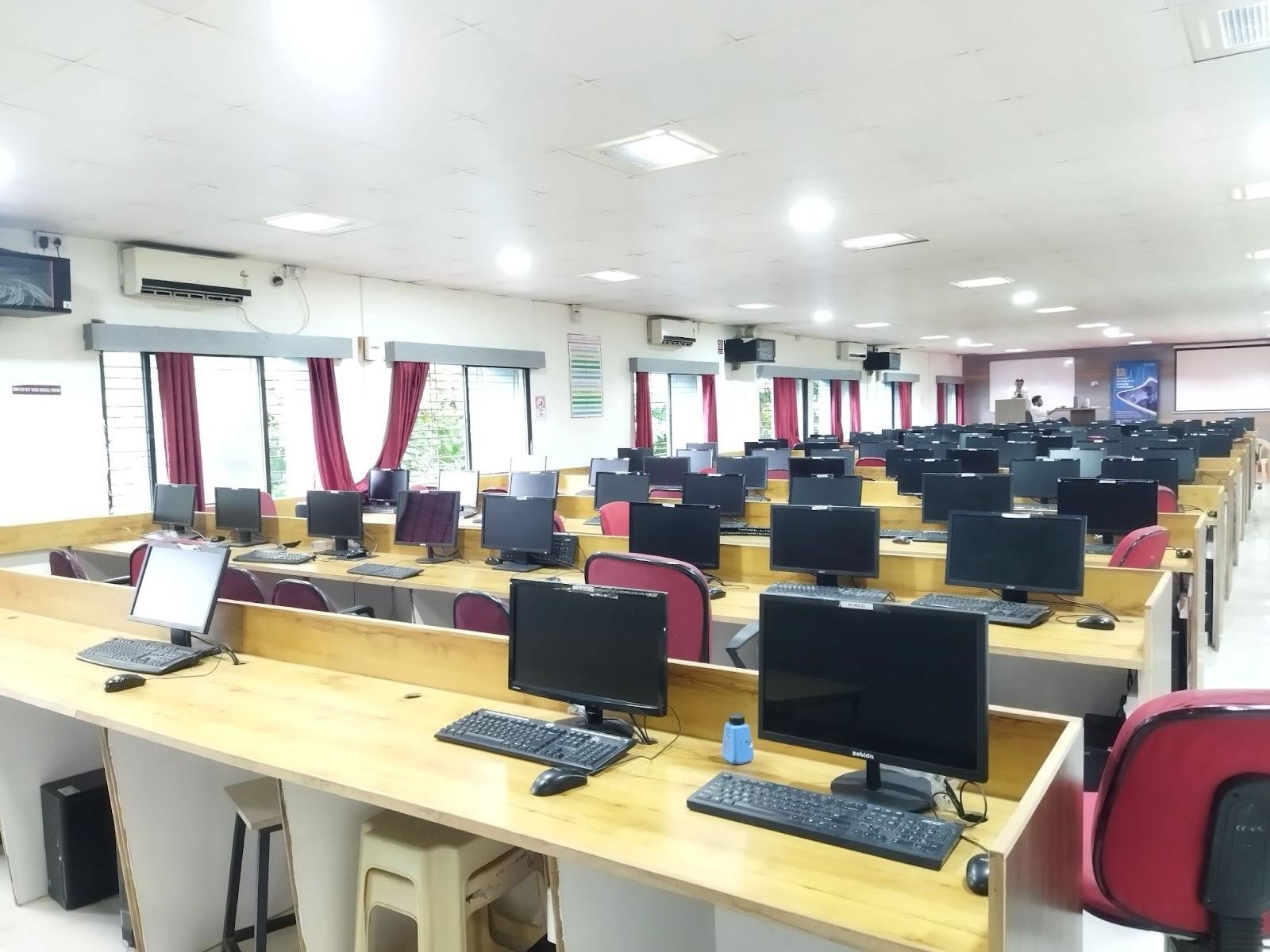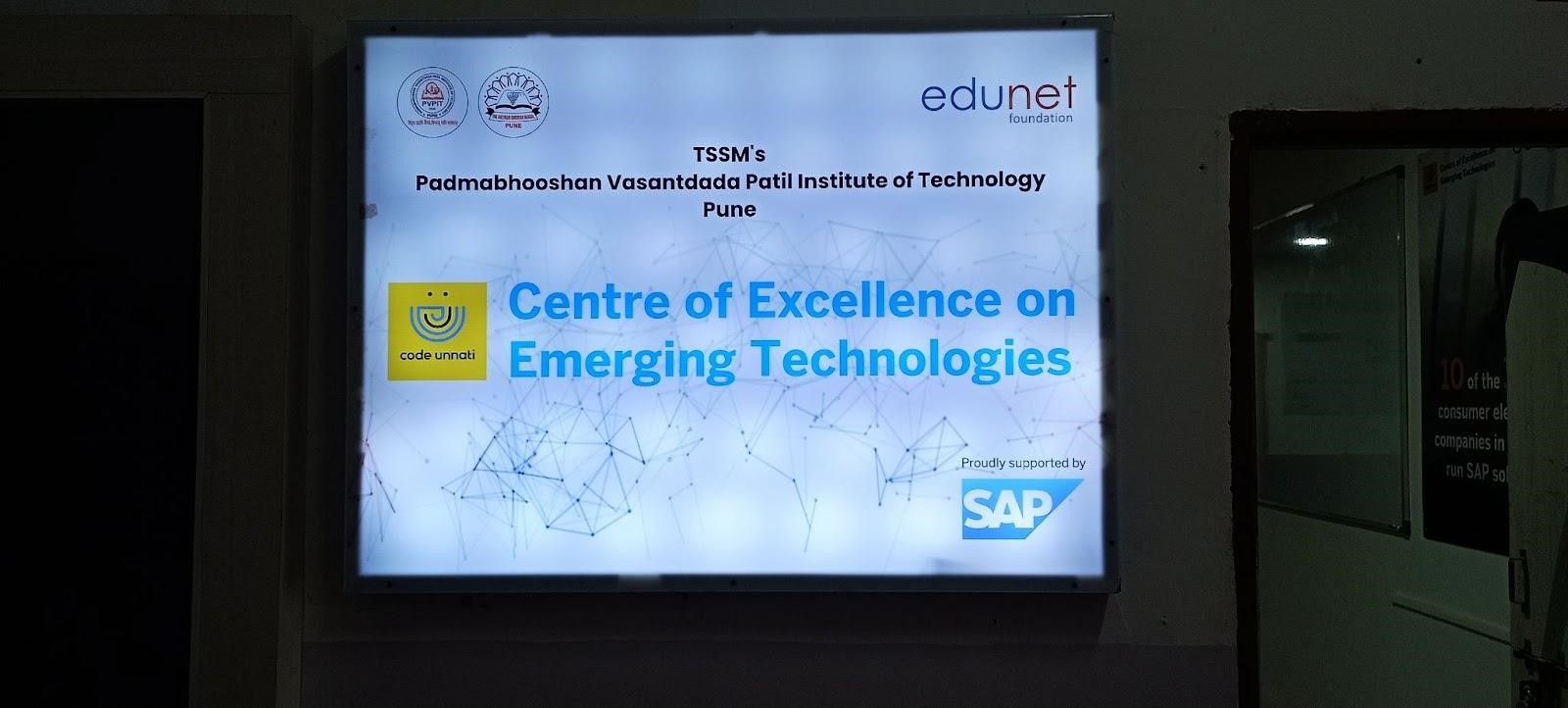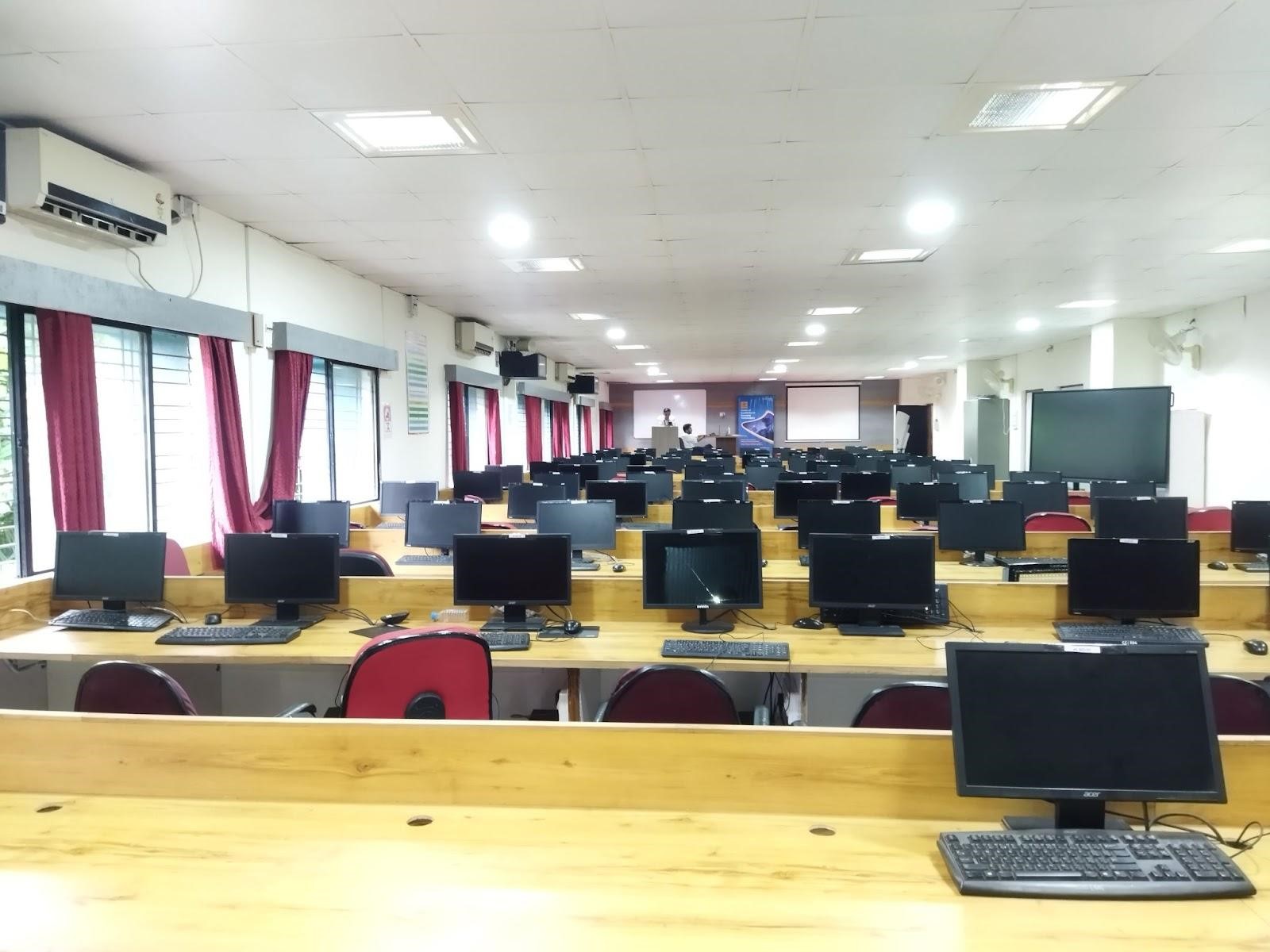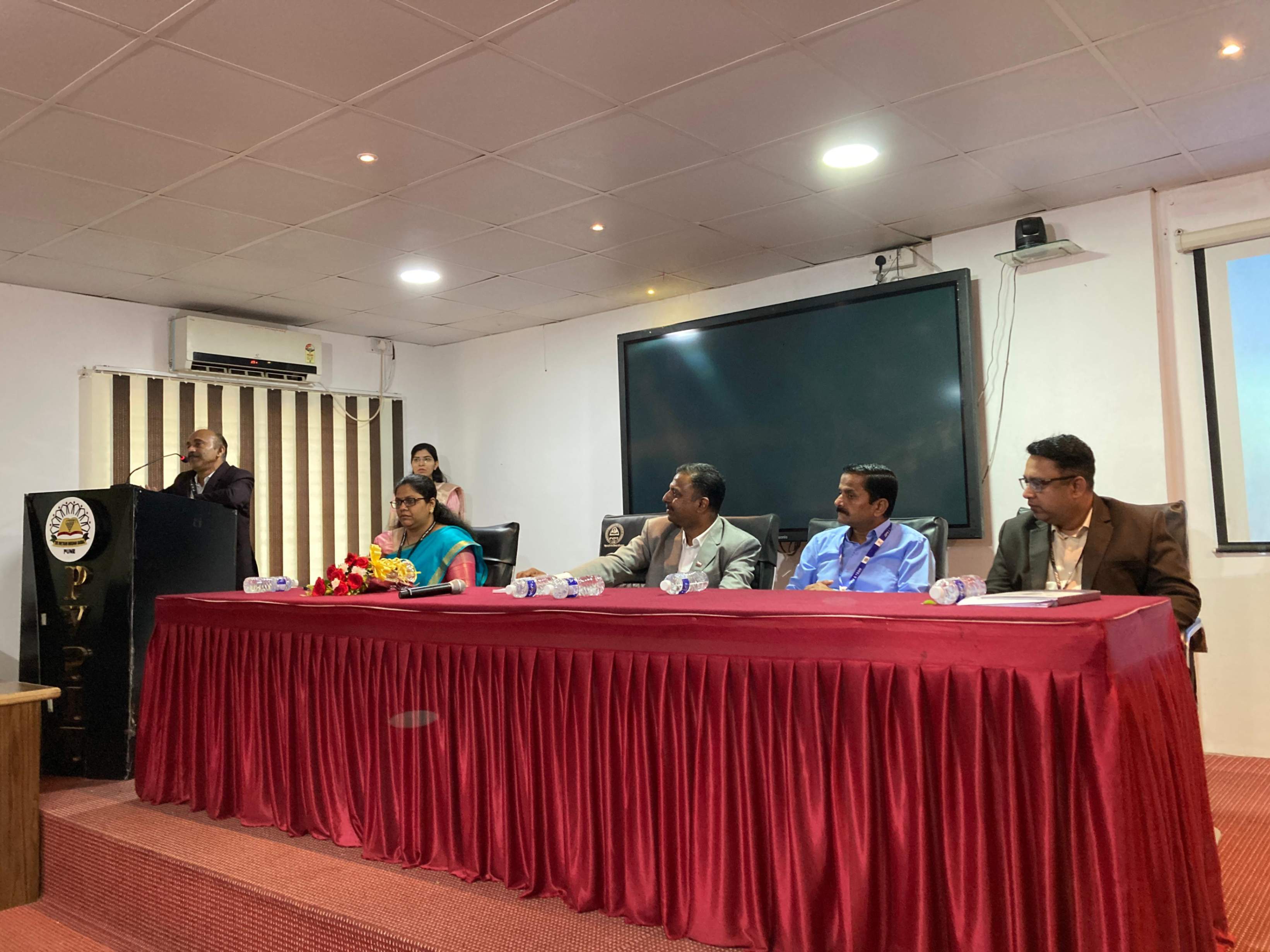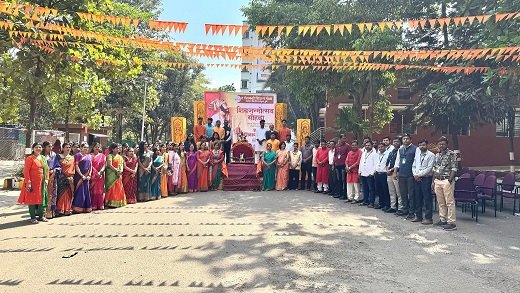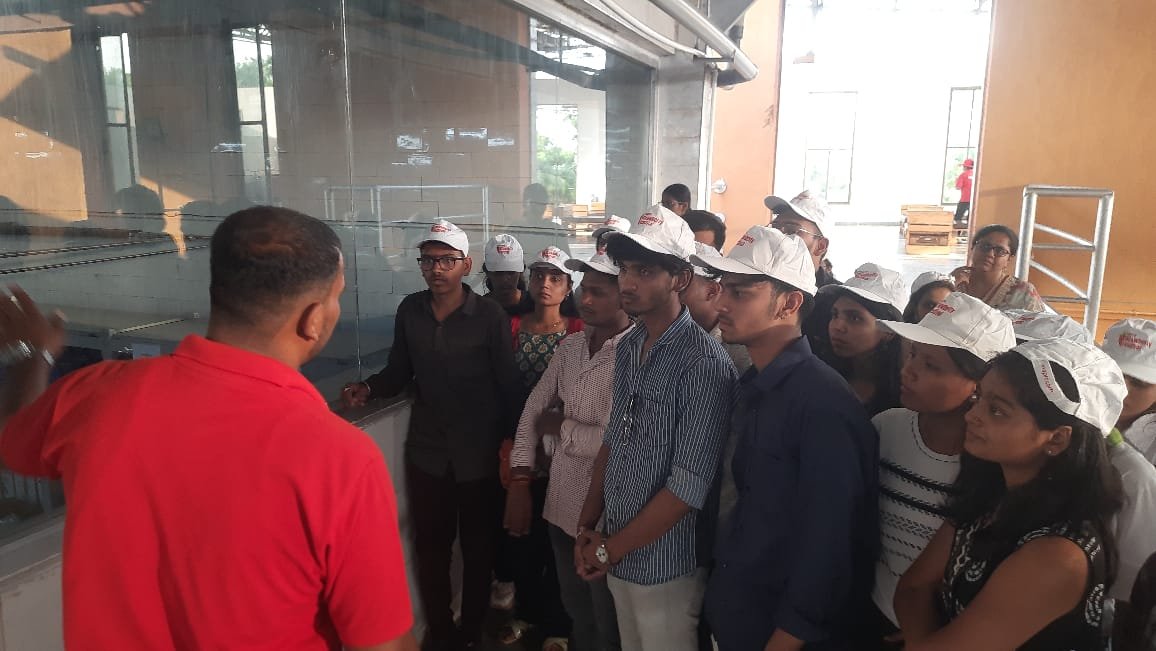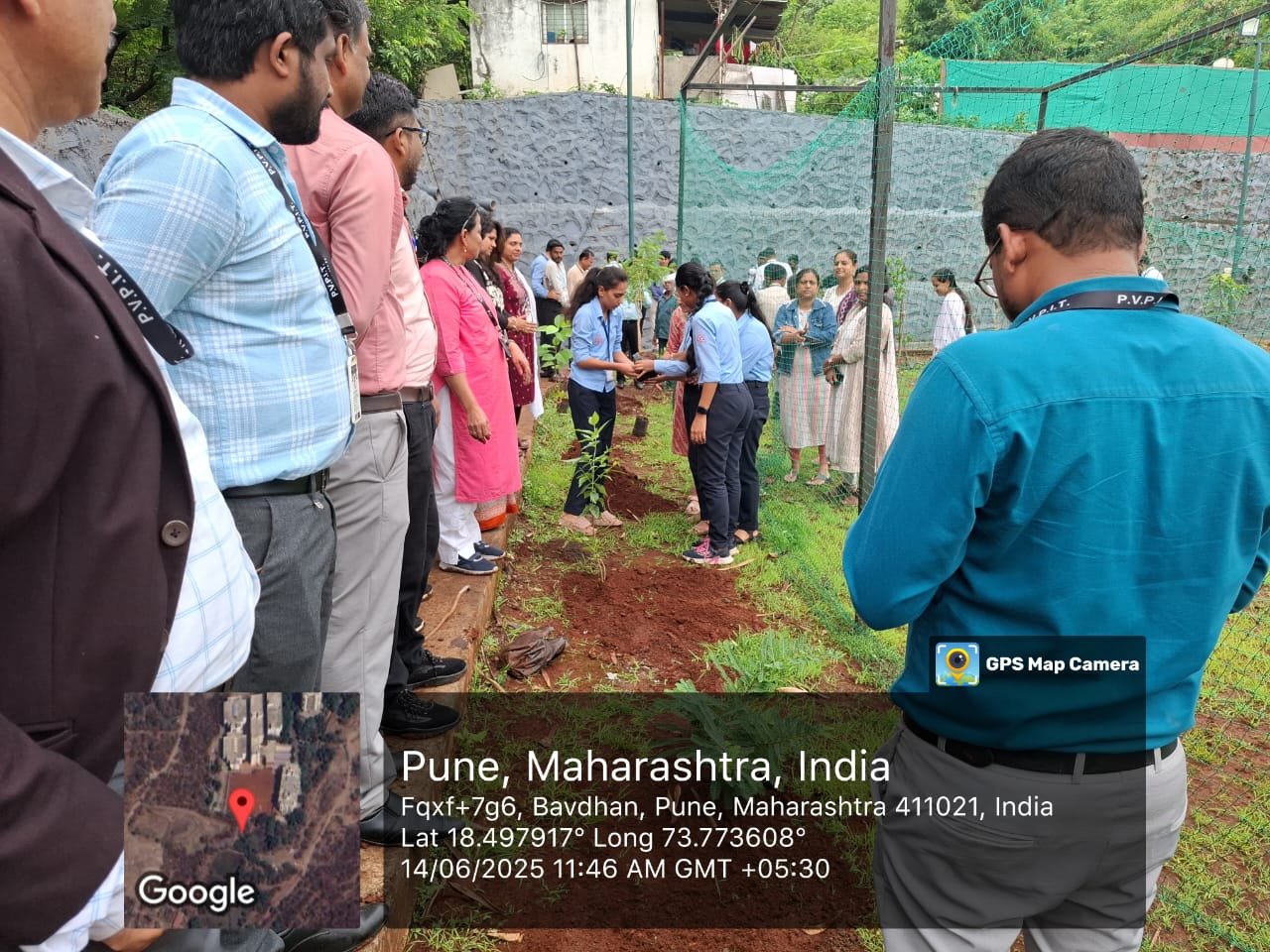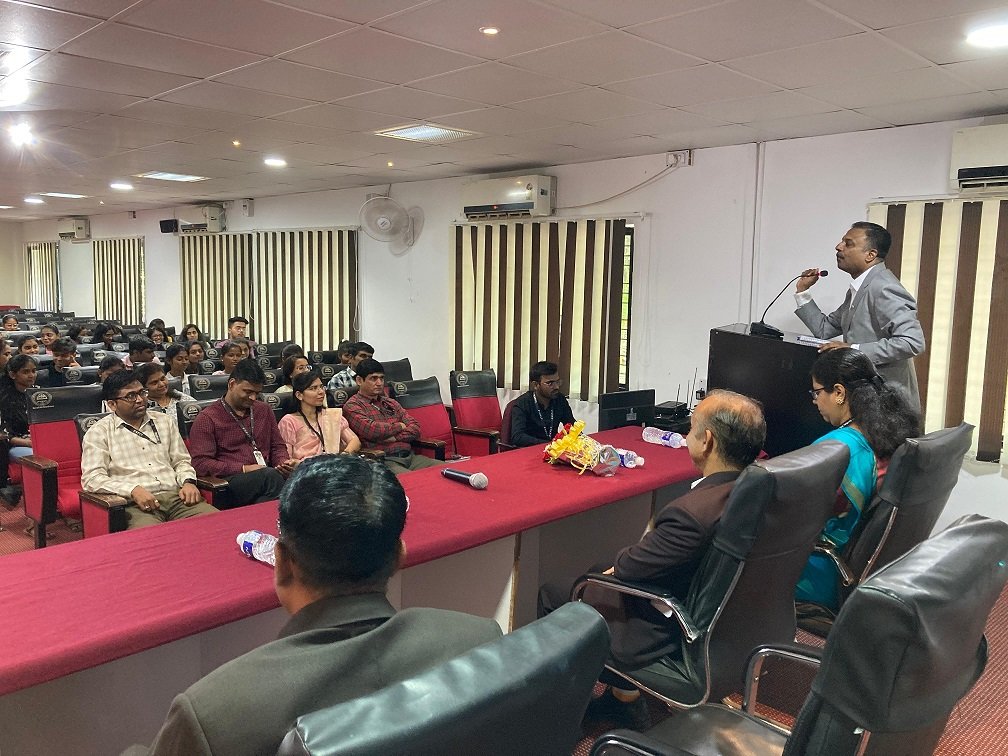Bachelors of Computer Applications
Bachelor of Computer Applications (BCA)
The Department of Computer Applications (BCA) at PVPIT, Bavdhan is dedicated to cultivating a new generation of skilled IT professionals. Our curriculum integrates core principles of computer science with hands-on experience in software development, systems analysis, and database management. Students benefit from a cutting-edge learning environment, state-of-the-art technology, and a faculty team comprising industry experts. We emphasize practical knowledge and industry readiness, preparing our graduates for successful careers in a rapidly evolving technological landscape.
Here, we’re passionate about turning your tech dreams into reality. Our program offers a dynamic blend of theoretical knowledge and practical skills, covering everything from programming to data analytics. Whether you’re interested in software engineering, network management, or data science, our comprehensive curriculum and supportive faculty will help you build the skills and confidence needed to excel in the tech industry.
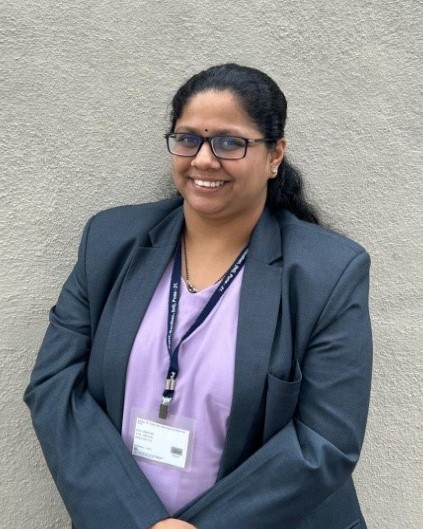
Prof. Ankita S. Joshi
HOD, BCA
+91 88568 17949
ankitaathavale16@gmail.com
MSc (Comp. Sci.), SET
Vision
Aspiring to be a leading department in Computer Application, we are dedicated to develop versatile computer professionals who can seamlessly adapt to the evolving needs of the computer and related industries.

Mission
- Provide a broad, high-quality education that equips students with the knowledge and attitude essential for thriving in Computer Application careers
- Prepare students to excel in emerging trends and advancements in the computer and related industries.
- Develop students' competencies by imparting critical skills and fostering a culture of continuous and lifelong learning
- Shape professionals who are skilled in investigating, designing, and solving complex problems, with a strong awareness and concern for societal and environmental impacts
Program Outcomes
Graduates will be able to:
- Scientific Knowledge: Apply the knowledge of mathematics, science fundamentals, and specialization to the solution of complex problems.
- Problem analysis: Identify, formulate, review research literature, and analyze complex problems reaching substantiated conclusions using first principles of mathematics, natural sciences, and sciences
- Design/development of solutions: Design solutions for complex problems and design system components or processes that meet the specified needs with appropriate consideration for the public health and safety, and the cultural, societal, and environmental considerations
- Conduct investigations of complex problems: Use research-based knowledge and research methods including design of experiments, analysis and interpretation of data, and synthesis of the information to provide valid conclusions.
- Modern tool usage: Create, select, and apply appropriate techniques, resources, and modern IT tools including prediction and modeling to complex activities with an understanding of the limitations.
- The Graduate and society: Apply reasoning informed by the contextual knowledge to assess societal, health, safety, legal and cultural issues and the consequent responsibilities relevant to the professional practice.
- Environment and sustainability: Understand the impact of the professional solutions in societal and environmental contexts, and demonstrate the knowledge of, and need for sustainable development.
- Ethics: Apply ethical principles and commit to professional ethics and responsibilities and norms of the professional practice.
- Individual and team work: Function effectively as an individual, and as a member or leader in diverse teams, and in multidisciplinary settings
- Communication: Communicate effectively on complex activities with the professional community and with society at large, such as, being able to comprehend and write effective reports and design documentation, make effective presentations, and give and receive clear instructions.
- Project management and finance: Demonstrate knowledge and understanding of the science and management principles and apply these to one’s own work, as a member and leader in a team, to manage projects and in multidisciplinary environments.
- Life-long learning: Recognize the need for, and have the preparation and ability to engage in independent and life-long learning in the broadest context of technological change.
Web Technology(JavaScript)
Demonstrating JavaScript is a lightweight, cross-platform, single-threaded, and interpreted compiled programming language. It is also known as the scripting language for webpages. It is well-known for the development of web pages, and many non-browser environments also use it.
SAP Lab
The SAP Lab, an integral component of the SAP Code Unnati program established by the company for PVPIT College, has significantly enriched the educational experience. An SAP Lab typically refers to a research and development (R&D) center or facility that is part of SAP SE, a German multinational software corporation.
05 November 2024
First Year BCA Induction Program 2K24
Purpose of the Student Induction Program is to help new students adjust and feel comfortable in the new environment, inculcate in them the ethics and culture of the institution.
Co-Curricular
10 April 2025
Parents Teacher Meeting
BCA Department was organized PTM to discuss students' academic progress, address concerns, and strengthen the collaboration between parents and teachers for the overall development of students
Co-Curricular
19 April 2025
Chatrapati Shivaji Maharaj Jayanti
Chhatrapati Shivaji Maharaj Jayanti was celebrated to honor the birth anniversary of the great Maratha warrior king. The program highlighted his valor, leadership
Co-Curricular
26 April 2025
Industrial Visit(Mapro Garden)
BCA Department organized industrial visit for Students visited Mapro Garden to gain practical insights into food processing, packaging, and business operations.
Co-Curricular
14 June 2025
Tree Plantation Program
Tree Plantation Program was organized to promote environmental awareness and sustainability in our college. Participants planted saplings to increase green cover and spread the message of protecting
Co-Curricular
05 November 2024
BCA Induction Program 2k24
Induction Program for FYBCA 2K24 was organised by the BCA Department on 05/11/2025.
Co-Curricular

